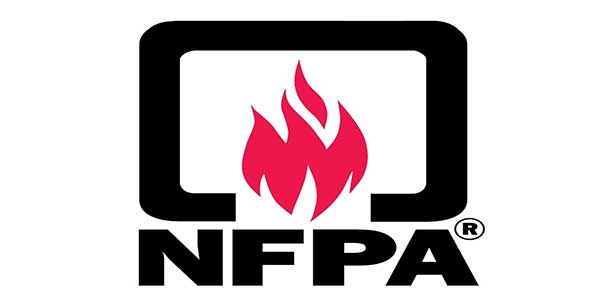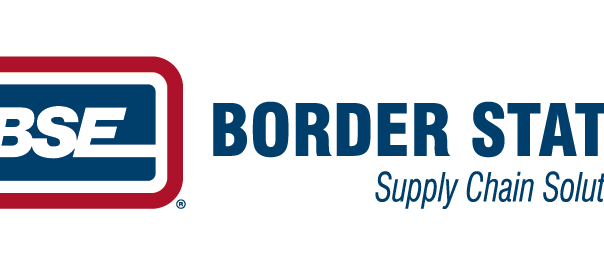As recent reports indicate a rapid expansion of COVID-19 around the globe, the National Fire Protection Association (NFPA) is committed to providing the information and resources emergency responders, healthcare facilities, authorities having jurisdiction (AHJ), and others need as they work to minimize the virus’s spread and mitigate its impact.
“There has never been a more critical time to work together to safeguard lives from this public health crisis,” said James Pauley, president and CEO of NFPA. “Regardless of whether COVID-19 has already hit a particular community, its continued threat reinforces the critical importance of communities evaluating their readiness and putting a fully-constructed plan in place.”
The following NFPA codes and standards support these efforts, addressing measures related to prevention, mitigation, preparedness, response, and recovery:
NFPA 1600®, Standard on Continuity, Emergency, and Crisis Management, is the recognized National Preparedness Standard®, offering vital information on conducting risk assessments, business impact analysis, capabilities, needs assessments, and developing emergency and recovery plans for myriad events including pandemic.
NFPA 99, Health Care Facilities Code, is an indispensable resource for healthcare decision-makers, offering essential safety information and requirements for emergency planning, isolation spaces, infection control, IT and data infrastructure, and many other relevant topics.
NFPA 1999, Standard on Protective Clothing and Ensembles for Emergency Medical Operations, provides requirements for the clothing and certain respiratory devices used not only by on-scene first responders but also by first receiver health care workers at facilities where treatment will be rendered.
NFPA 1581, Standard on Fire Department Infection Control Program, provides the minimum requirements for infection control programs to help identify and limit the potential of an infectious exposure to fire department members as well as other first responders during the performance of their assigned duties and within the responder working and living environment.
NFPA 3000, Standard for an Active Shooter/Hostile Event Response (ASHER) Program, provides specific and tailored information about ASHER incident preparedness, response, and recovery – but the best practices within that first-of- its-kind standard can be applied broadly for an all-hazards protocol and easier recovery.
NFPA provides free access to view its codes and standards at www.nfpa.org
“As groups and organizations proactively work to help slow the spread and reduce the impacts of coronavirus in their communities, we encourage them to access the critical provisions found in our documents,” said Pauley. “As the uncertainty and concerns around COVID-19 evolve, NFPA remains committed to being as responsive to the issue as possible, and to providing appropriate, timely information and resources as needed.”
For more information, visit www.nfpa.org. All NFPA codes and standards can be viewed online for free at www.nfpa.org/freeaccess.






